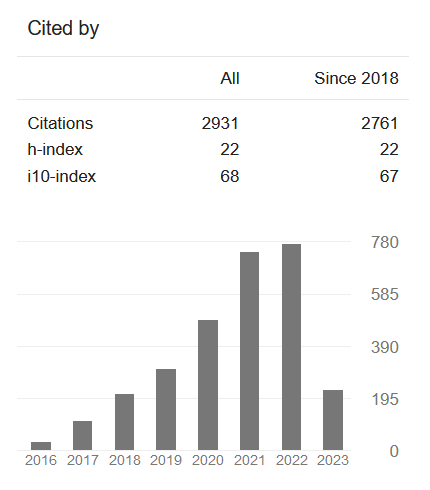The Localized Productive System: A Literature Review( Vol-3,Issue-3,March 2017 ) |
|
Author(s): Youssef Moflih |
|
Keywords: |
|
|
externalities, Innovation, LPS, proximity, territory. |
|
Abstract: |
|
|
The localized productive system developed (LPS) by Courlet (1994) helps circumscribe the organization that binds the enterprises together in a territory and highlight the nature of the benefits (positive externalities, reduced transaction costs, better coordination between the actors of a territory) yielded by proximity. Indeed, the LPS is far from being a concept in the true sense of the word because it is interpreted in several ways. The LPS can be attached first to a broader interpretation of the economic phenomena: either it is the new techno-organizational paradigm of reference resulting from the swing of the global mode of production or it is a component or even a transition state of the new industrial organizations that are being set up. The LPS can also be attached to a more specific interpretation referring to the history of economic development according to which any local reality would be, at some point, more or less an LPS. It is but a unit of analysis, which, as the organization, sees its theoretical foundations vary according to approaches and authors. This means that the literature only analyzes the forms of organization in local systems, without explaining their foundations nor their evolution. |
|
Cite This Article: |
|
| Show All (MLA | APA | Chicago | Harvard | IEEE | Bibtex) | |
Share: |
|

 DOI:
DOI: 



























